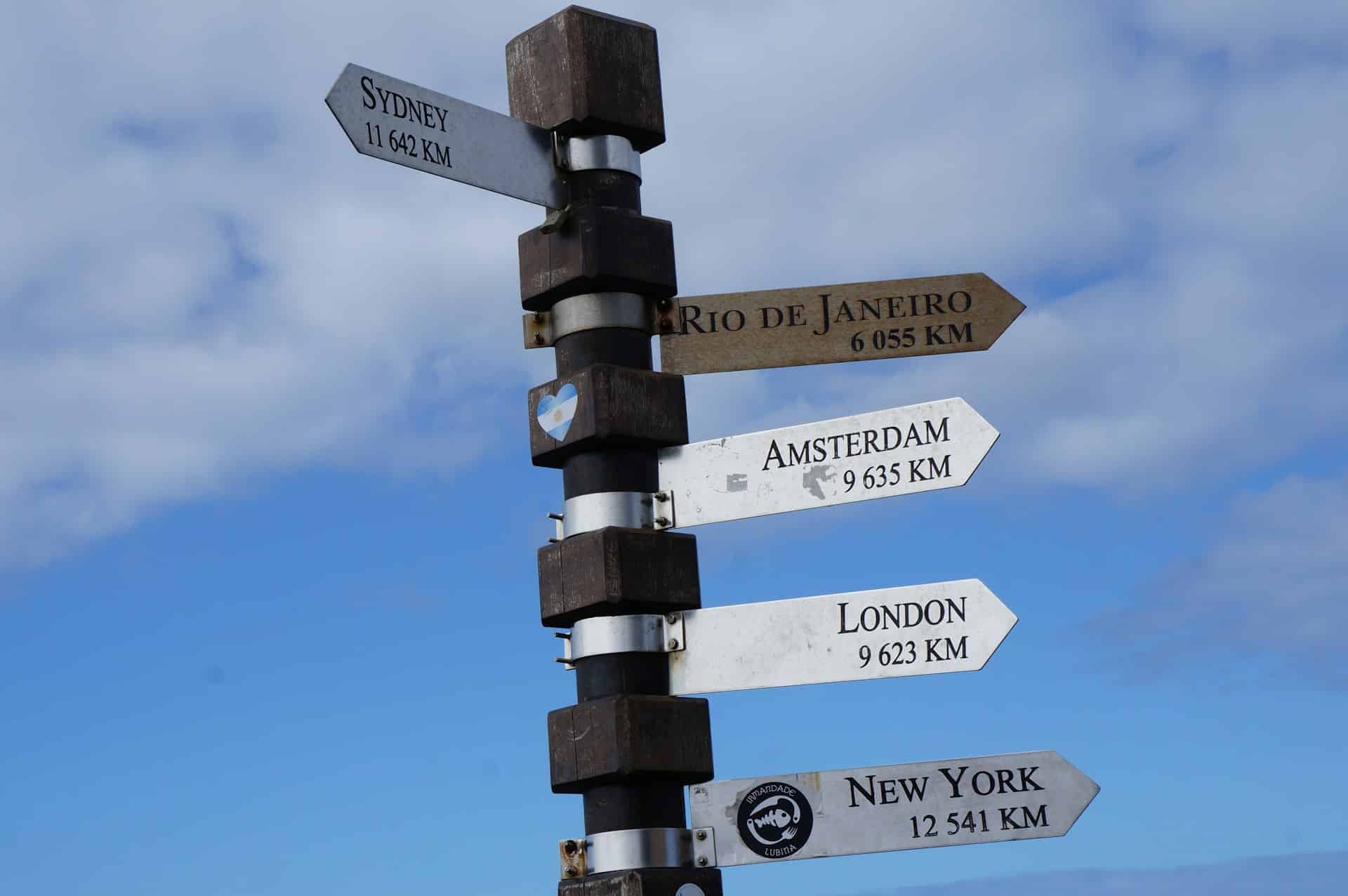Planning a trip in 2025? You’re not alone, and chances are, you’re thinking about how to make it a little lighter on the planet.
Booking the hotel with the green logo or ticking the ‘offset my flight’ box at checkout is a good start.
But responsible travel runs deeper. It’s about what you pack, what you leave behind, and who benefits from your visit. Often, the places we go to escape are the ones least equipped to deal with the impact we leave behind.
Photo by Bruno Wolff on Unsplash

There are smarter ways to travel, ones that support local communities, reduce waste, and help protect the places you came to see in the first place.
So here are seven simple, practical eco travel tips to help you make better choices wherever your 2025 adventures take you.
1. Bring a Reusable Water Bottle (and Skip the Single-Use Plastics)
Plastic waste, especially in developing countries, is a huge problem. These countries rarely have the facilities to dispose of our trash properly and safely, and our water bottles usually end up on the streets, in the ocean or burned.
For countries where the water is safe to drink from the tap, bring your own water bottle. For countries where the drinking water is not safe, we use a Steripen water purifier. It works by using UV light to destroy over 99.9% of bacteria, viruses, and protozoa like Giardia and Cryptosporidium. Our Steripen has taken two trips to Nepal and one to Thailand, and worked brilliantly every time.
2. Book Local Experiences and Support Small Businesses
If you can, avoid booking tours and activities online before you go. I know the thought of a discount can be enticing, but often the online operators take a big cut for their services. Booking locally means the person or business is making most, if not all, of the money you pay. Small businesses often rely on tourism dollars, so be sure to tip your guide, driver, instructor or porter for their work.
3. Pack It In, Pack It Out — Take Your Rubbish With You
If you’re travelling to remote areas where waste disposal means burning or burying your trash then take it with you. Plastic wrappers, floss, face wipes, and empty products can all be wrapped up and stored in your suitcase or backpack until you reach a town that can dispose of them reasonably well or take them home with you.
4. Eat Locally — For the Food, and the Impact
Hotels often have some incredible food on offer and, after a long day of sightseeing, opting for the restaurant downstairs or room service is very appealing to the weary. Get out and discover new eateries. Ask locals where they like to eat or take a chance on a small roadside cafe. Much like tours and activities, it’s important to support local businesses, many of whom would buy their produce locally as well.
5. Check Your Travel Gear for Hidden Environmental Harm
I’m a hiker, fully equipped with all the gear and bits and pieces I need to make my hikes and treks safe and comfortable. Our clothes and bags were purchased pre-mindful days, so I am very much aware that some of our gear is not good for the very same environment we are there to admire. If that’s the case for you too, know that the most sustainable item is the one you already own, and use to death.
Some travel gear, such as clothing, backpacks, tents, shoes and sleeping bags, which are weatherproof or stain resistant, contains PFCs (per- and polyfluorinated chemicals) that leach into the surrounding environment and degrade very slowly. The take-home message is to try to avoid products with PFCs if you can. You can find more information about PFC’s and what’s being done to remove them from outdoor gear here.
6. Go Overland Where You Can to Lower Your Carbon Footprint
Flying is by far the quickest way to travel these days, and for those of us who live on an island like Australia, it’s the only way to leave. But what about when you arrive at your destination? Again, flying will probably be the most time-efficient way to get places, but if you want to reduce your carbon footprint, look at other options such as going by car, bus, boat or train. The added bonus is you’ll get to see more of the country your visiting.
7. Say No to Animal Tourism — Even the ‘Innocent’ Kind
I know this sounds like a no-brainer, but the animal tourism industry is still booming, so somebody is still paying for it.
Do not ride elephants, hold baby tigers, pet orangutans, feed macaques or watch dolphins perform.
Basically, do not pay to interact with an animal in a way that is unnatural to them and their nature. The animal tourism industry is shady, and I understand it’s easy to believe the caretaker (if you can call them that) when they say the animal is well cared for. Any tourist attraction that uses animals to make a profit is wrong and should not be supported. There are conservation and rehabilitation programs that allow you to watch or walk with animals, but they are rare and should be researched carefully before you decide to visit.
There are many things we can do reduce our social and environmental impact while we travel. If you have any tips to add, share them in the comments below!


